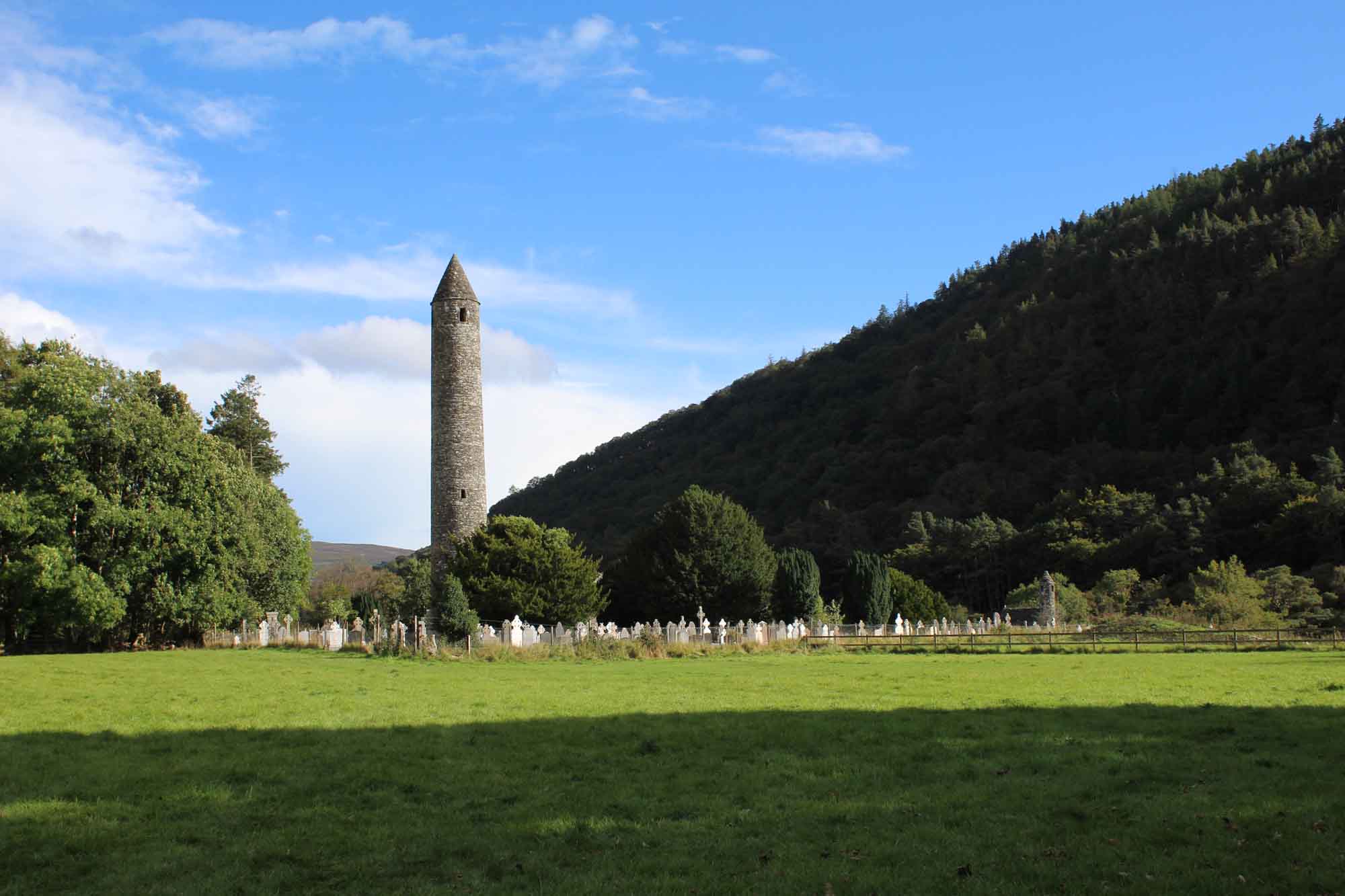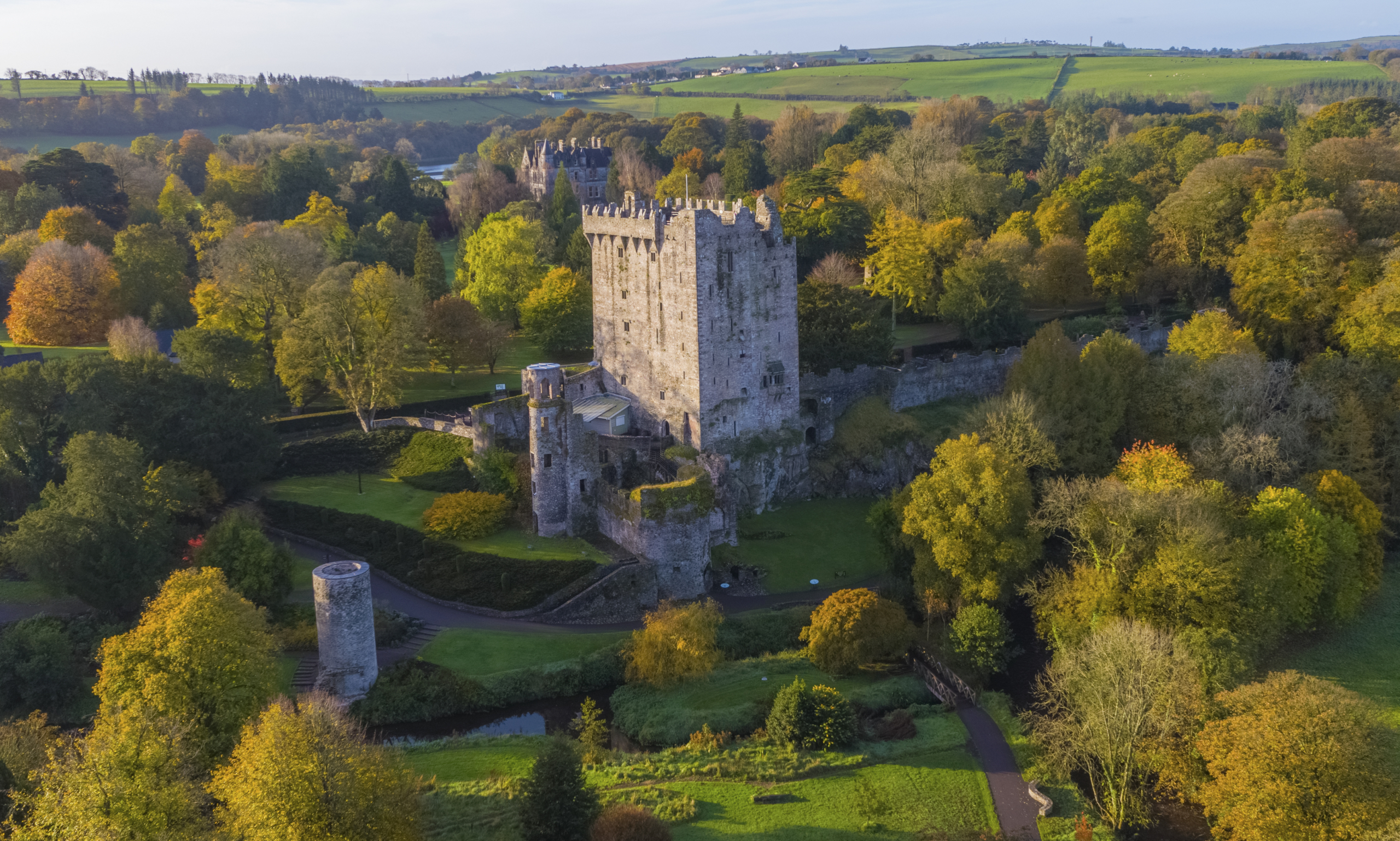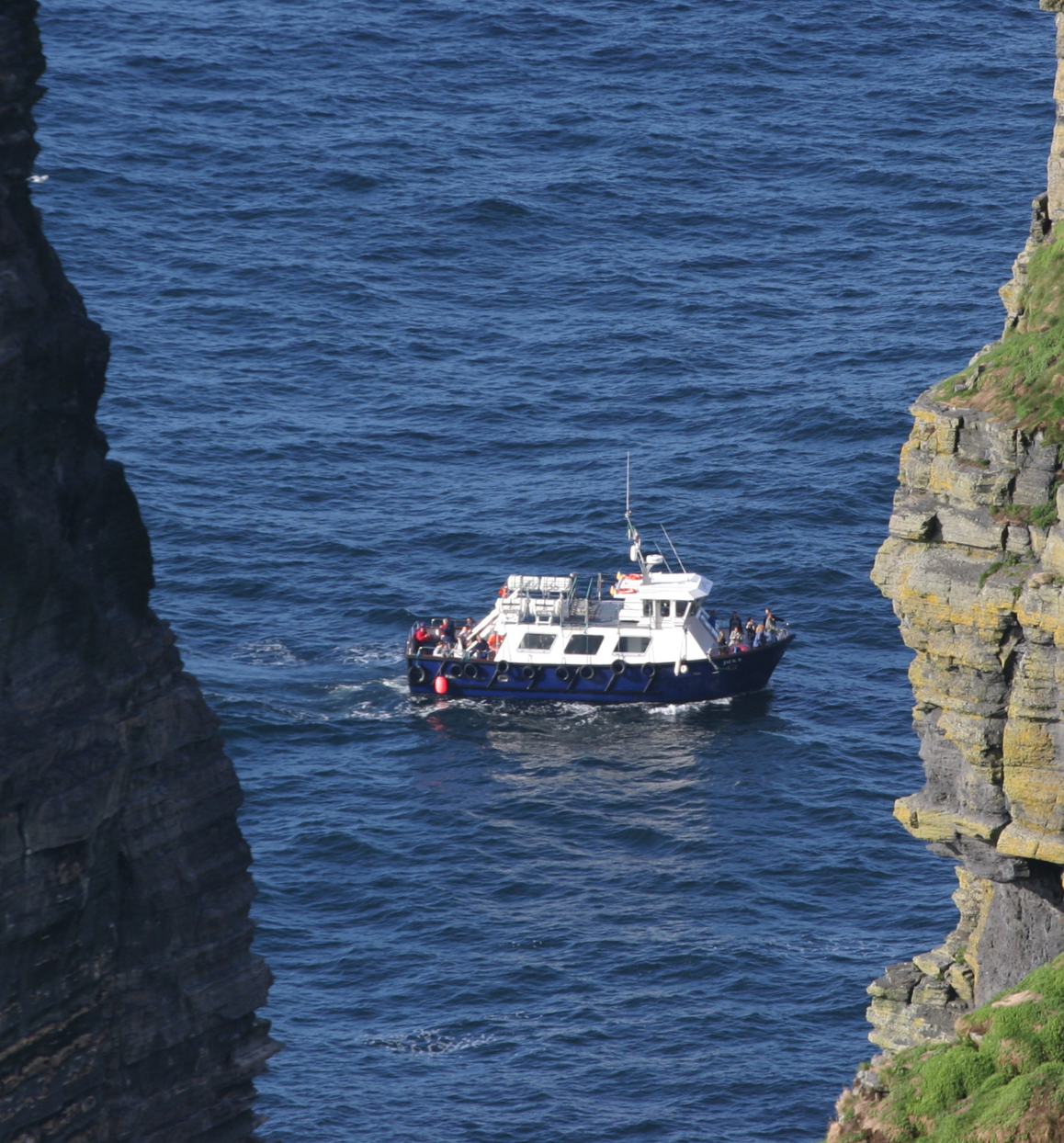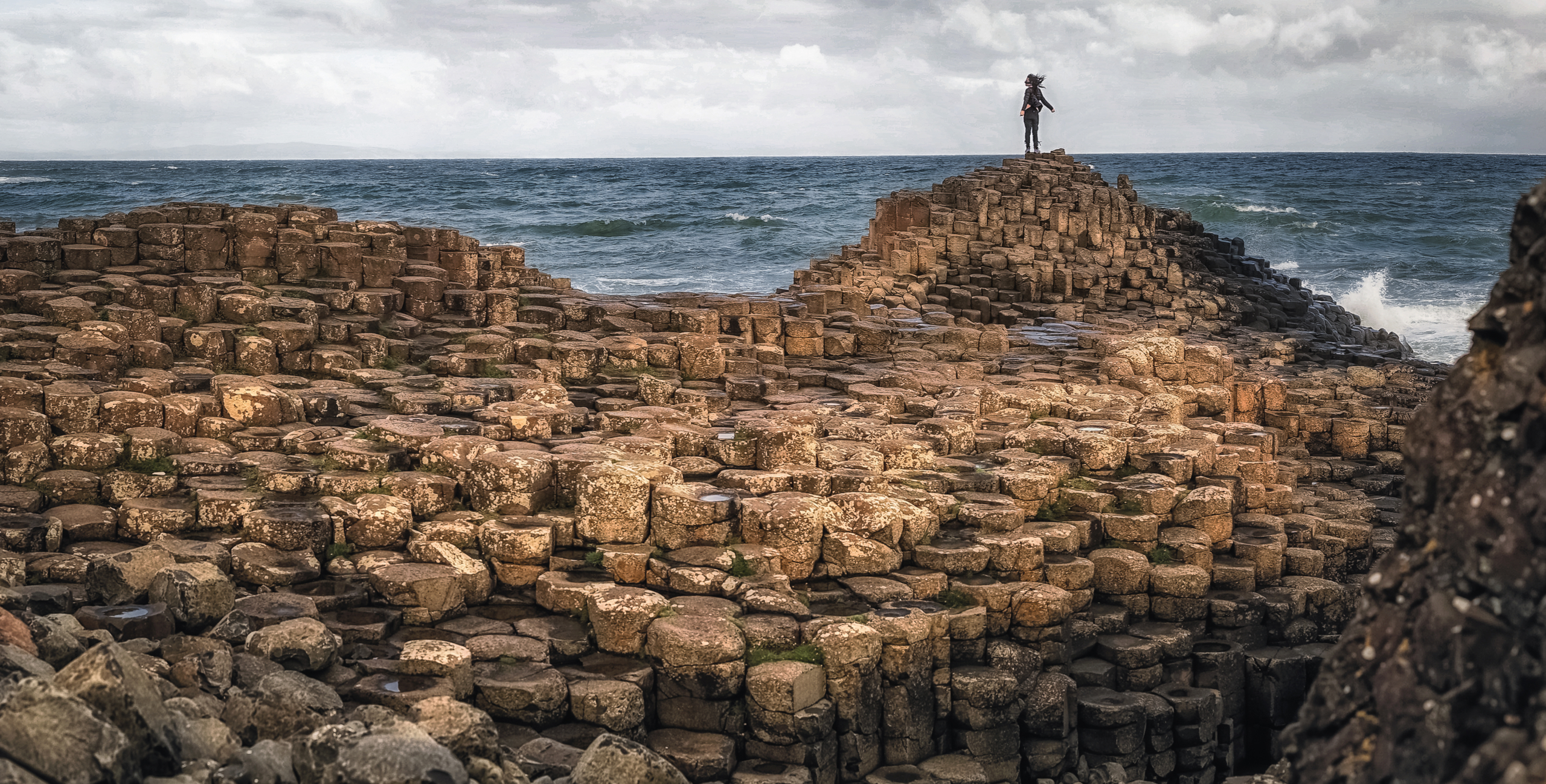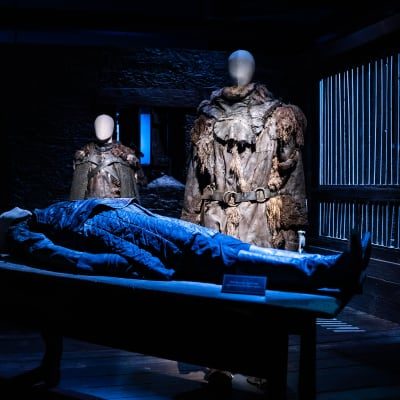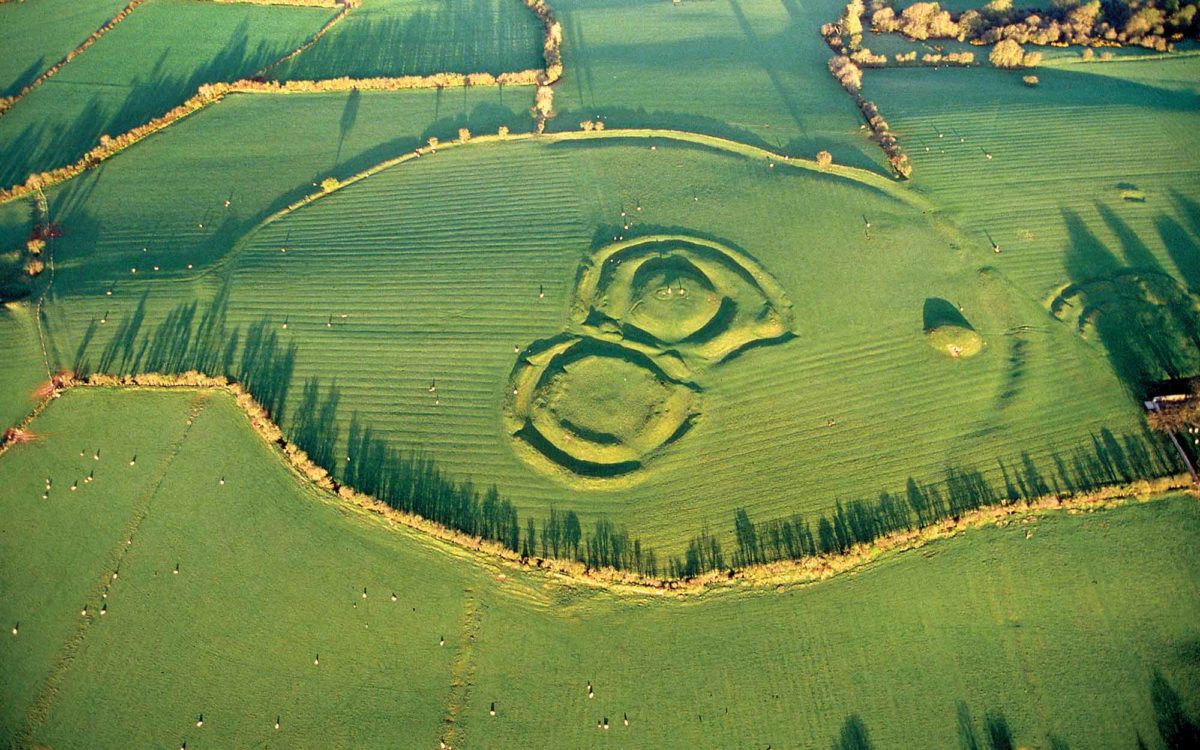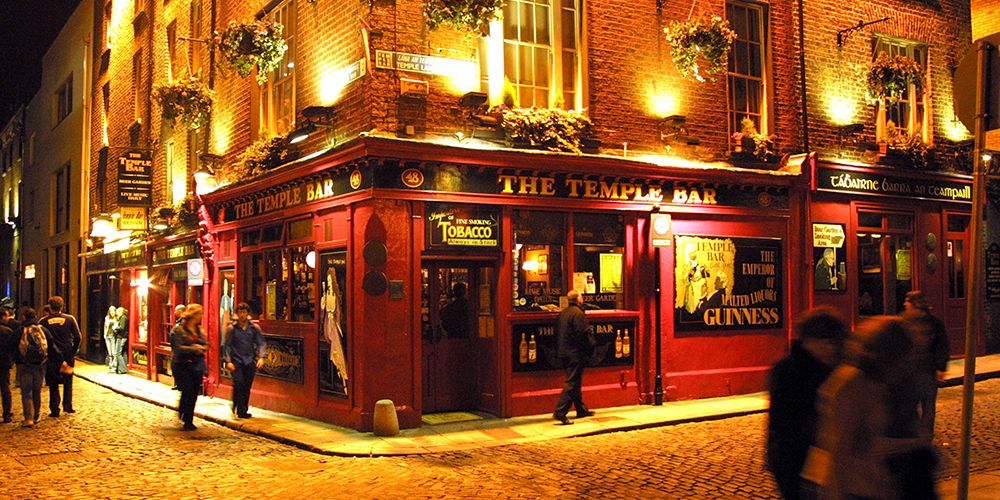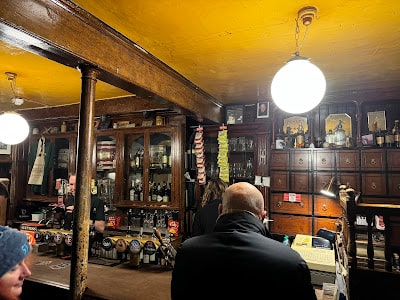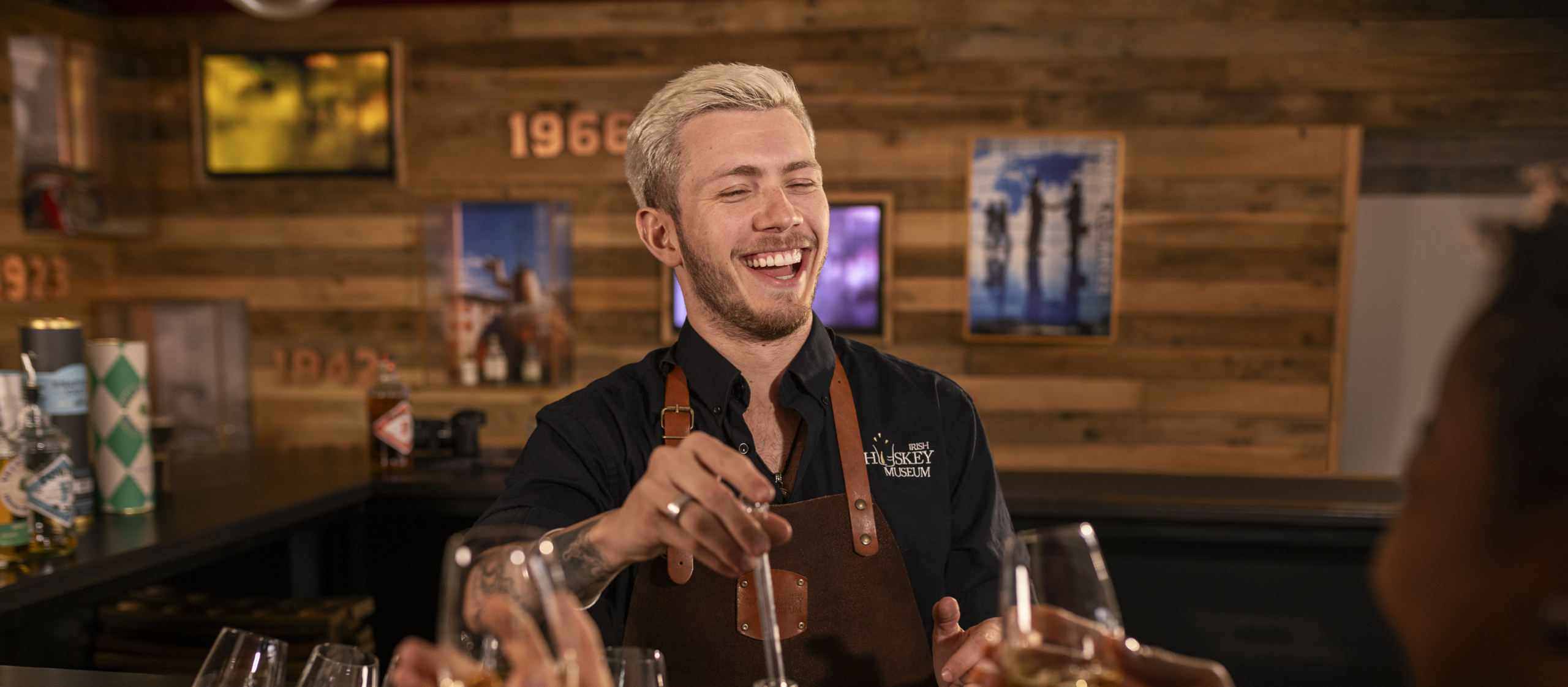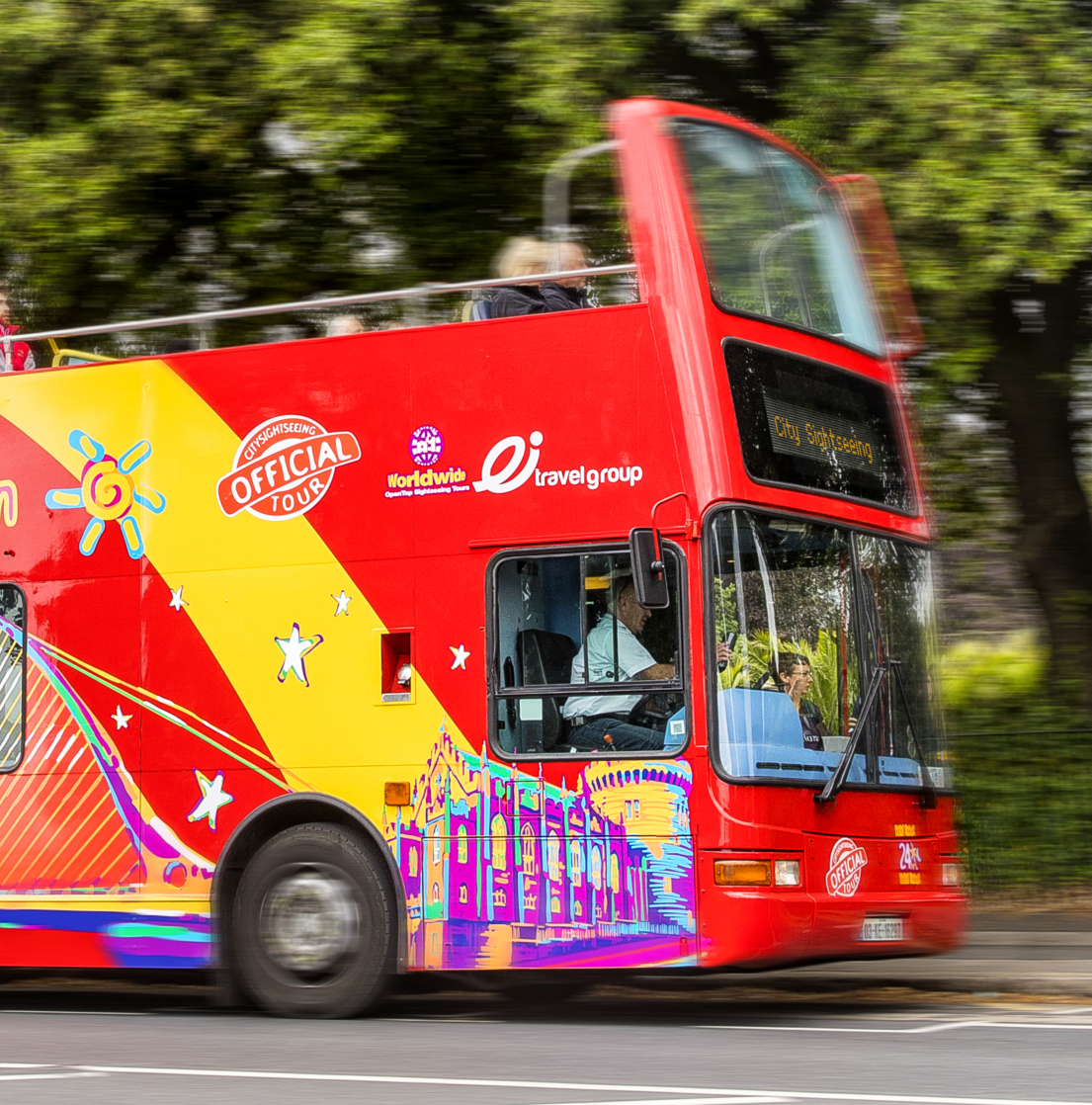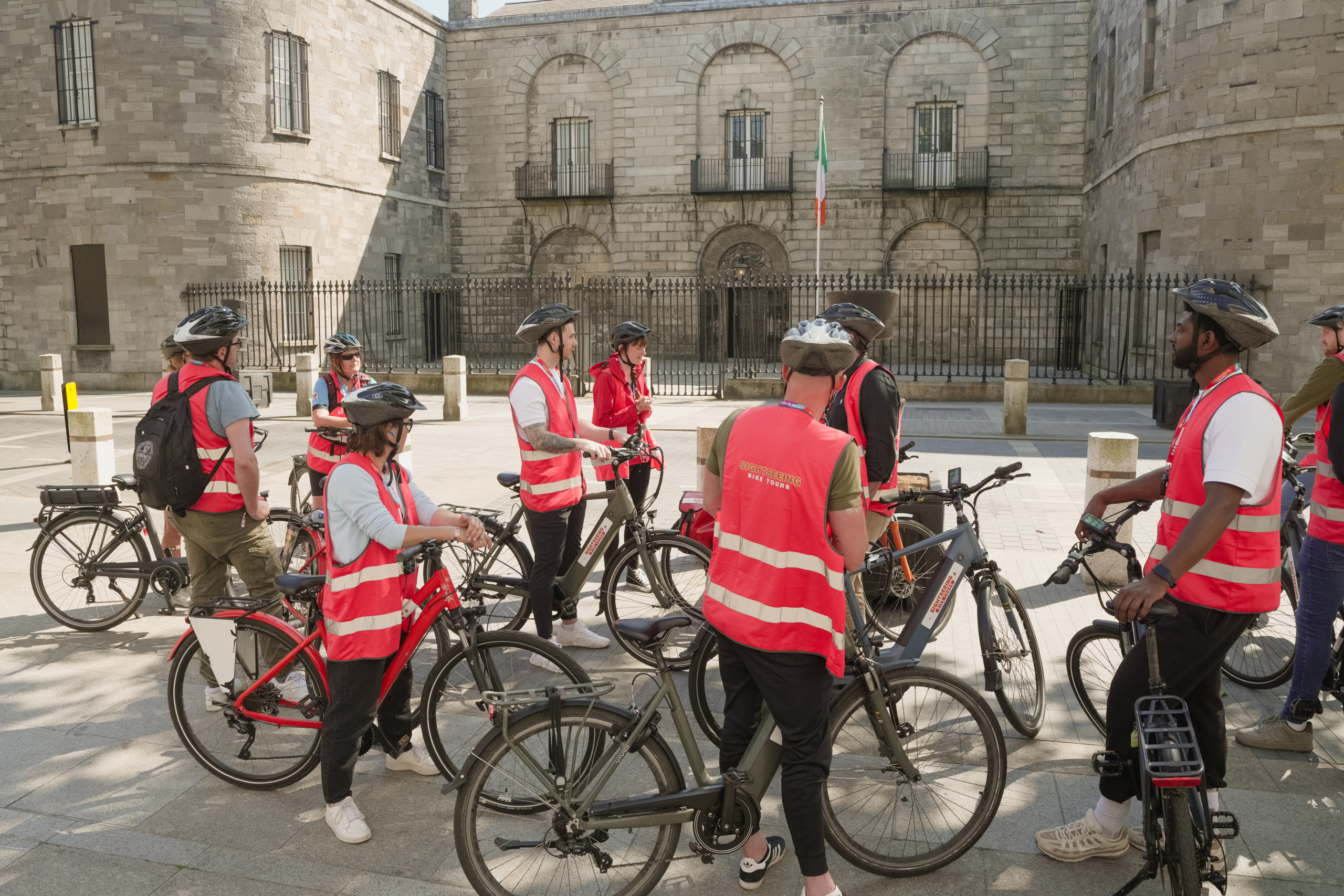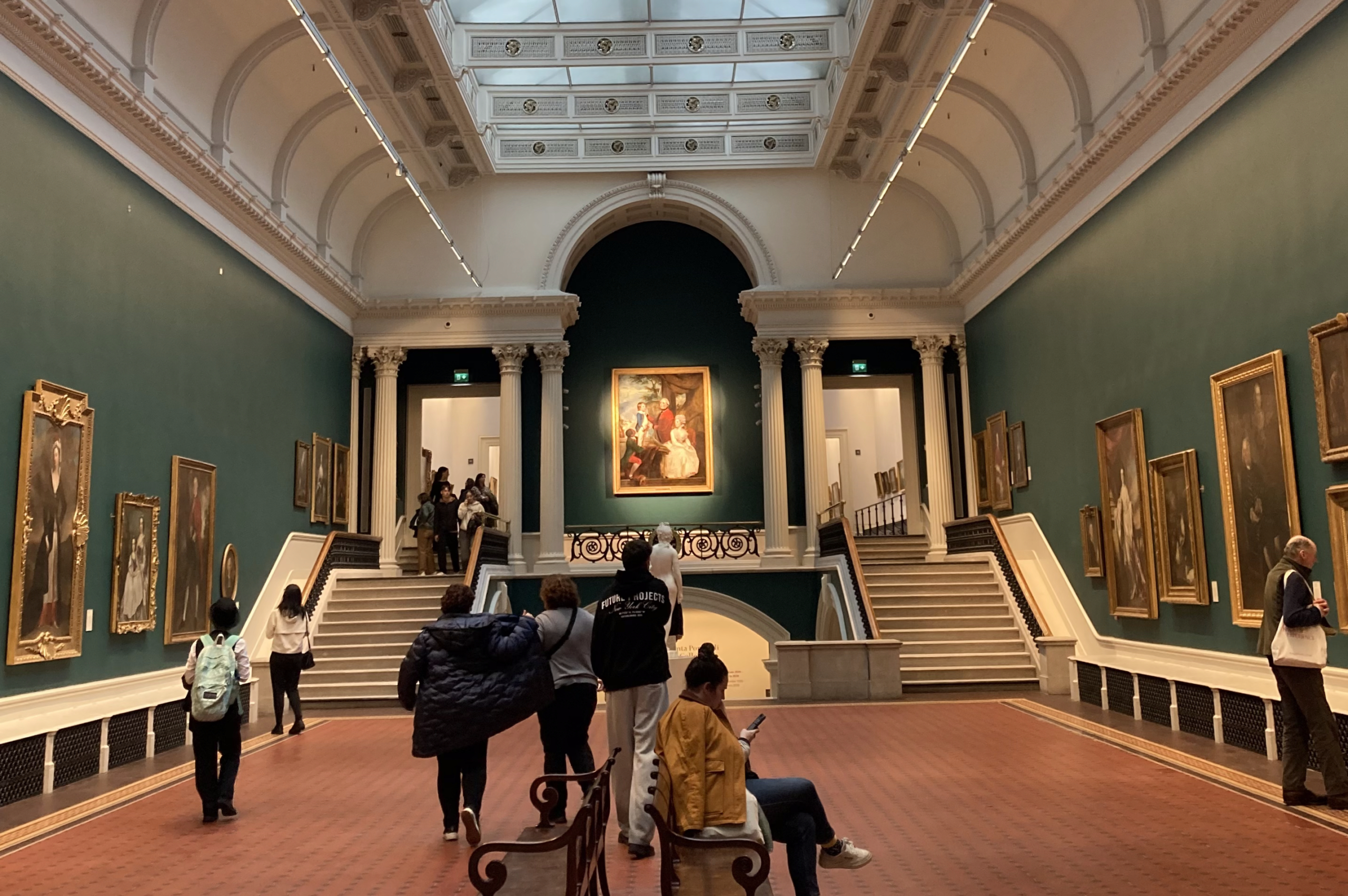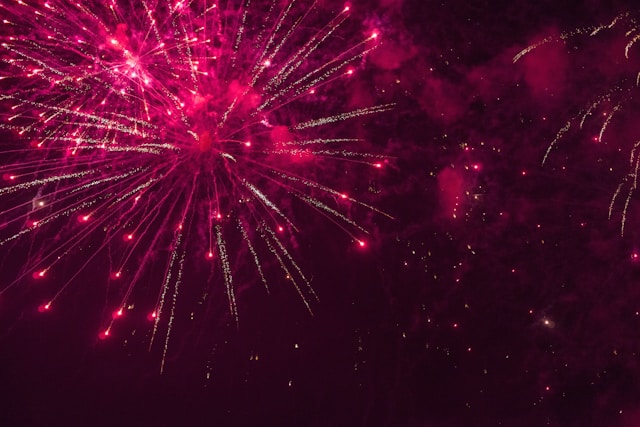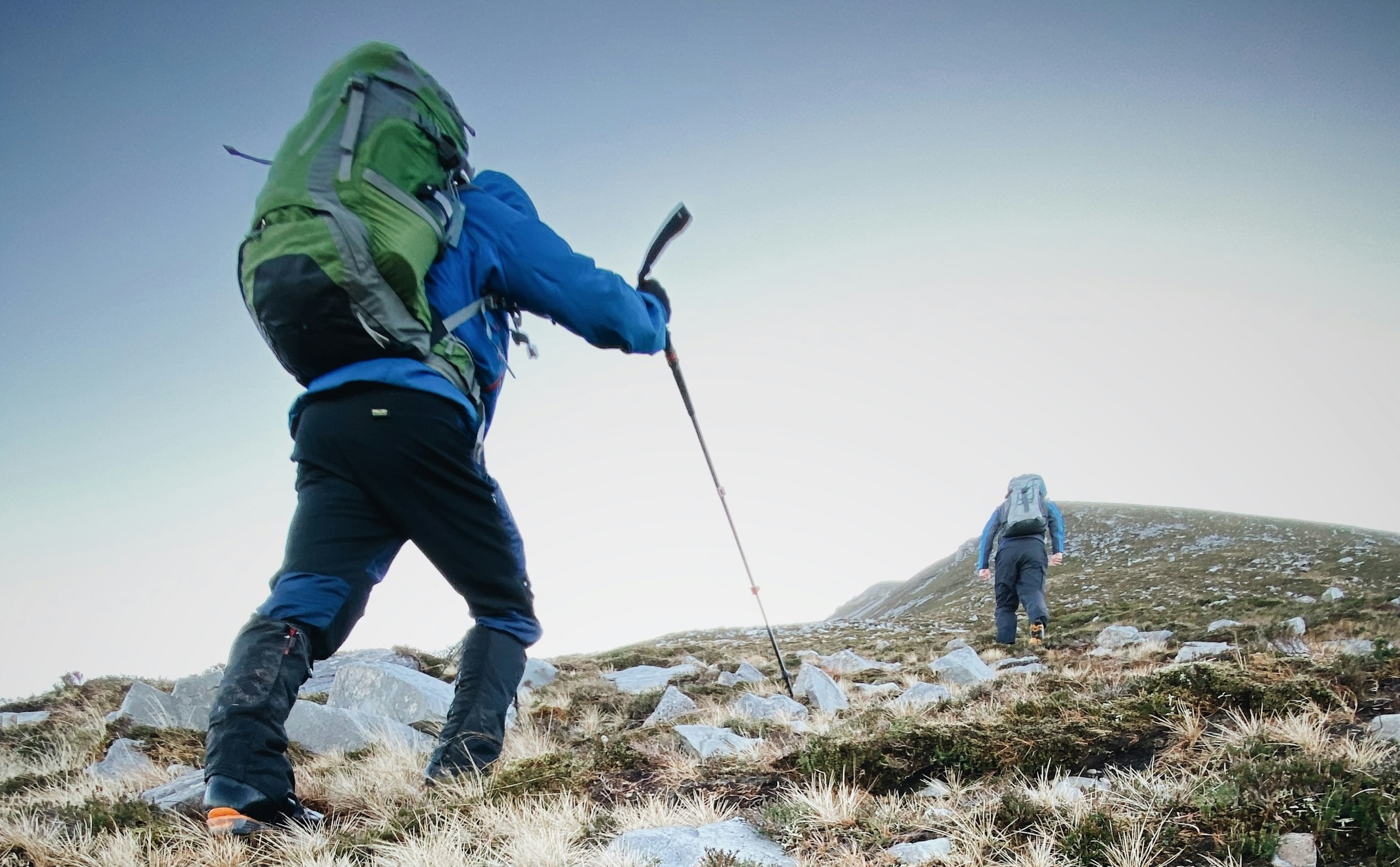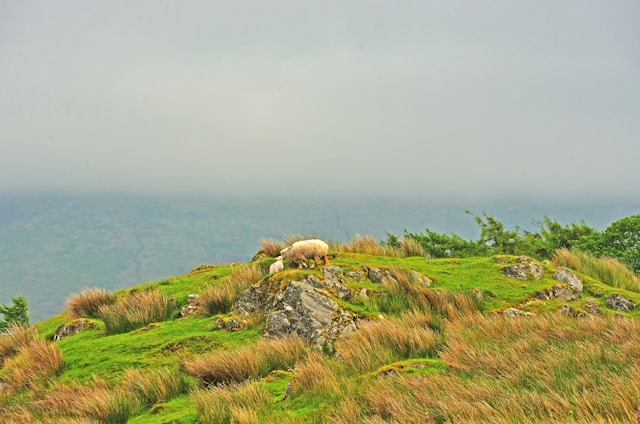The Irish people, just as Ireland itself, are certainly one of a kind. They also have a gift for language, humour and colourful expressions, sometimes deriving from the Gaelic language or from Irish stories. That is why you might hear some phrases on your travels through Ireland, which you have not heard before. To let you know what they mean, we collected some of the most common Irish phrases you’ll encounter.
“What’s the craic?”
This phrase you might hear in pubs, in shops or just on the street. “Craic” means fun, news, or gossip. So, if someone asks you “what’s the craic?”, he or she just wants to know “how are you?” or “what’s going on?”. How to respond? Either you just return the question or you answer with something along the lines of “mighty, yourself?” or “not too bad, yourself?”.
“Grand”
This little word is a staple of Irish conversation and used very frequently, no matter if spoken or written. In Ireland, “grand” doesn’t mean fancy or impressive. Most of the time it just meand fine, good or okay. That is why it is a common answer to the question “How are you”?

Source: Victor Clime on Unsplash
“Sláinte!”
You might have heard this one if you’ve visited an Irish Pub before: “Sláinte!”
The expression is used when raising a glass for a toast and means “health” in Irish. You can use it similarly to the word “cheers.”
“Acting the maggot”
When someone is joking with you or pulling a prank, you might say that he or she is “acting the maggot”. This means that they’re messing around, being silly, or causing harmless trouble. It is, of course, also said with humour.
“Love”
The first time someone calls you “love” in Ireland, when you’re shopping, in a pub, or anywhere else, you might be a bit startled at first. It is, however, not overly personal and it also doesn’t matter whether you and the person using the phrase are male or female. It is just a warm and friendly way to address someon in casual conversations. And over time, you’ll certainly get fond of it and maybe even miss the charming warmth in daily conversations when you’re back home.

“Away with the fairies”
Ireland’s stories often talk about leprechauns, fairies and the like. So, of course, some of the phrases you encounter in the country also talk about those fairytales. Such as the phrase “away with the fairies”, which is used to descibe someone who seems a bit distracted, dreamy, or absent-minded. So, if you’re staring off into the distance and someone says “you’re away with the fairies”, you now know what it means.
“No worries”
Most Irish people are really laid-back and you’ll notice it in some of the phrases they use on the daily. If you thank someone for holding a door, for example, or you apologise for bumping into them, they might respond with “no worries”. It basically means “no problems”.
Keep those typical Irish phrases in mind and get to know the Irish people
Now that you know some Irish phrases that are used frequently, you might better understand the Irish people on your travels. And understanding the people is the most important step in getting to know a country.
Source header photo: Ainars Djatlevskis on Unsplash

